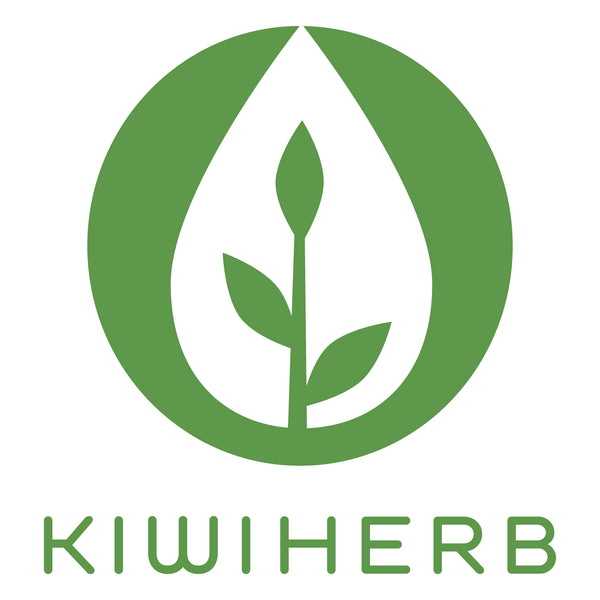Mānuka

Botanical name: Leptospermum scoparium
Common name: Tea Tree, New Zealand Tea Tree, Kahikatoa
Part used: Herb
Mānuka is one of the most popular and well-known New Zealand native herbs with a wide variety of therapeutic actions and indications. It is probably most famous for its powerful antibacterial and antifungal actions, which have been well investigated in a laboratory setting. It has been shown to be effective against some 20 different types of bacteria, including the notorious methicillin-resistant Staphylococcus aureus (MRSA).
Activity against various species of fungi has also been demonstrated, including those responsible for athletes foot and candida (thrush). In recent years many herbal practitioners and patients have used topical preparations containing Mānuka oil for such infections with impressive results.
Mānuka contains many tannins and is extremely astringent (that is, it tightens tissues – the feeling you get when you drink black tea). This action, combined with its impressive antimicrobial properties, helps relieve symptoms of diarrhoea and dysentery, as well as making it useful in wound healing and to decrease inflammation and bleeding in the case of gum infections.
Find Mānuka in Kiwiherbs Mānuka Mouthwash and Skin Clear Gel.
Return to our Herb Profiles.
